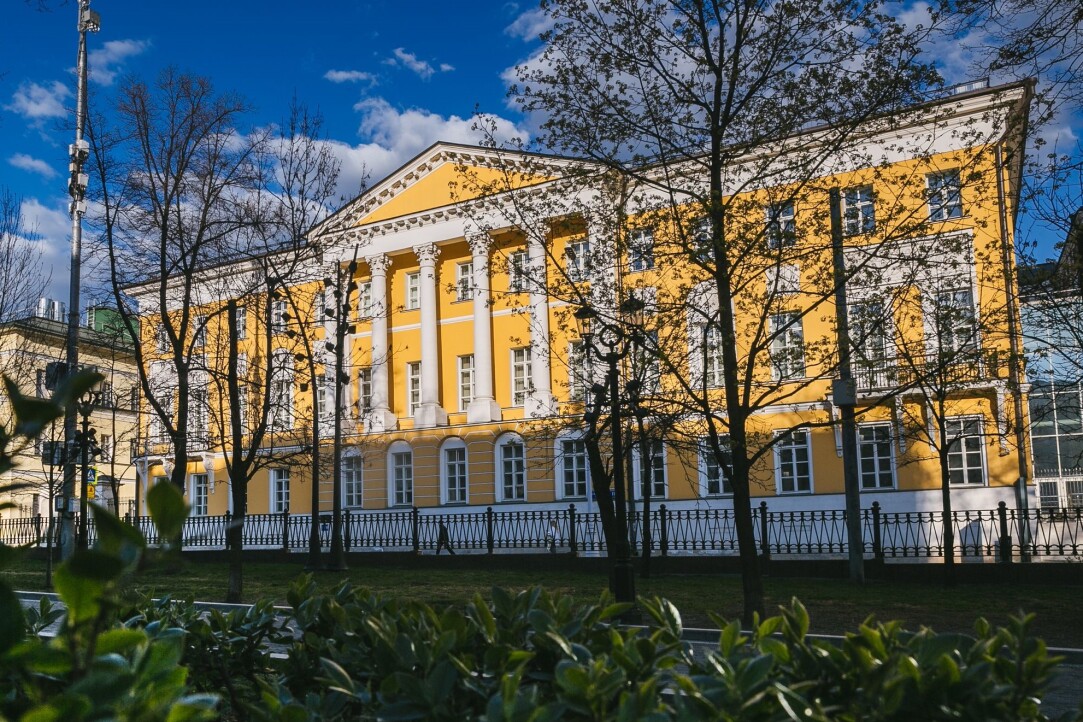
Data Culture: New Times Require New Solutions
The Data Culture Project, a module of the educational programme at HSE University, was launched seven years ago. At that time, it was already clear that the ability to work with data had become an essential skill for any professional, regardless of their field. Thousands of students have since participated in the project's courses, and now it has expanded to all HSE campuses. In 2024, a total of 26,903 students passed independent exams on digital skills. Several updates to the course are planned for the upcoming academic year. In this article, we discuss the changes expected for the Data Culture Project.
.jpg)
Registration for Electives Opens on June 10
Students can choose courses, groups and timetables for the first semester of the 2024/25 academic year until June 20

Creative Debates: HSE University Holds Discussion on Development of Creative Industries Cluster in Perm Krai
Priority areas of the creative economy in the Perm Krai (Russia) and the importance of the educational component in the development of creative industries were discussed by experts at the plenary session ‘Development of the Creative Industries Cluster in Perm Region.’ The event was organised by HSE University in collaboration with the Agency for the Development of Small and Medium Entrepreneurship of the Perm Krai at the ‘Days of Perm Business’ forum.

Keep Your Eyes On: A Prospective Device for Self-Monitoring Vision
As part of the Strategic Project 'Success and Self-Sustainability of the Individual in a Changing World,' scientists at HSE University have conducted a study to develop an electronic device designed to reduce the risk of occurrence and progression of eye diseases.

HSE University Leads in 5 Subject Rankings of the ‘Three University Missions’
The RAEX agency has published the subject rankings of Russian universities in 2024. According to the research, HSE University came first in 13 subjects and leads in five disciplines.

Globalisation Has Failed to Reduce Inequality
Contrary to established theory, globalisation has increased, rather than reduced, inequality in emerging economies. To solve this problem, more opportunities should be created enabling people to acquire new skills. Nobel Prize laureate and Professor at Harvard, Eric S. Maskin, who is also Chief Research Fellow at the International Centre of Decision Choice and Analysis of the HSE Faculty of Economic Sciences and Honorary Professor at HSE University, shared his insights on the topic.

Neuroscientists Inflict 'Damage' on Computational Model of Human Brain
To better understand the mechanisms underpinning semantic dementia

Psychologists Study Daydreaming in Russian Cultural Context
As it turns out, constructive daydreaming can help find meaning in life

Communication Can Increase Public Concern about Climate Change
However, it cannot effectively motivate tree-planting behaviour

HSE University Improves Position in the First Hundred of THE Young University Ranking
HSE University has improved its position in the recently published Times Higher Education (THE) Young University Ranking, rising from 98th to 87th place. This is the best position among Russian universities. Nanyang Technological University, Singapore, holds first place.

